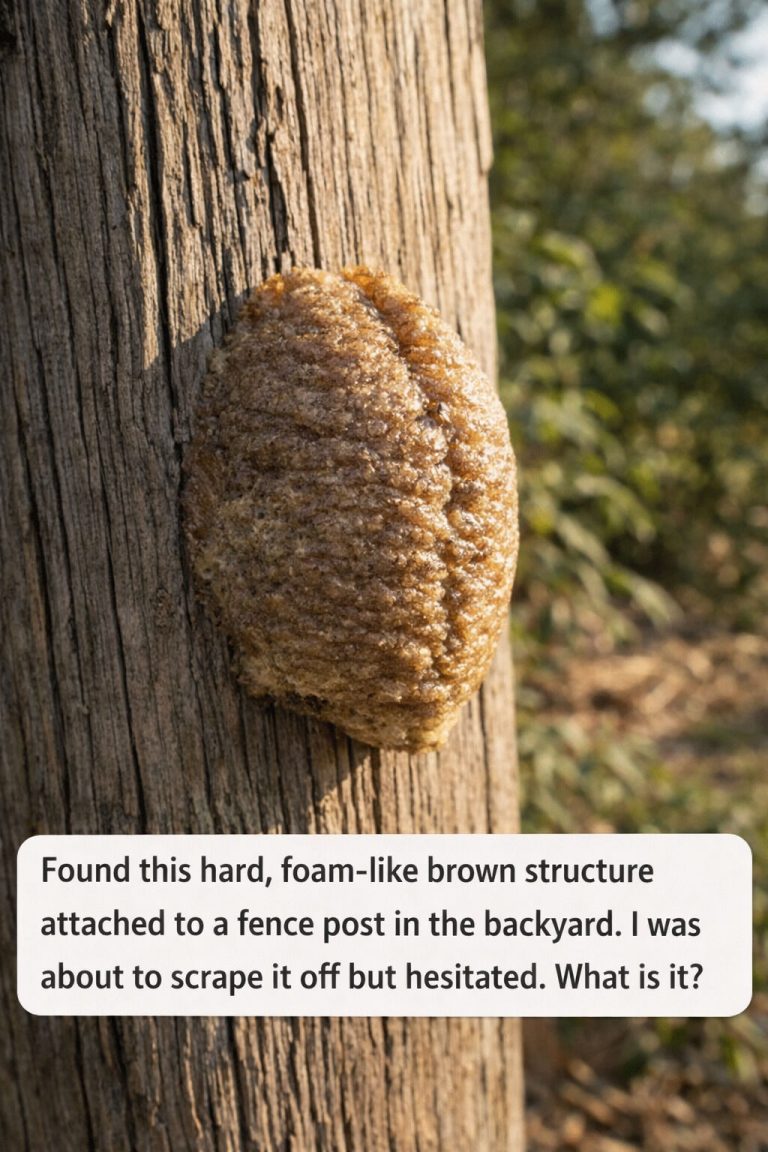
For many people, saying goodbye to a loved one involves intimate gestures—a final touch, holding their hand, or even a kiss on the lips or forehead. In moments of grief, this contact can feel like a deeply personal way to honor and connect with the person who has passed.
However, what most don’t realize is that kissing a deceased person on the lips—no matter how natural or loving it may feel—can carry hidden dangers. These risks are rarely discussed openly, but they are important to understand for your own safety and the safety of others.
Why This Gesture Feels So Natural
Throughout history and across cultures, touching or kissing the dead has been a common mourning ritual. In some traditions, it’s a final act of love and respect, symbolizing the wish to accompany the deceased on their journey.
Also Read : What Happens to the Soul When the Body Is Cremated?
For grieving families, a kiss on the lips can feel like closure—a last chance to connect before the burial or cremation. Unfortunately, the body of a deceased person goes through rapid changes after death that make such direct contact potentially unsafe.
Biological Changes After Death
Once the heart stops beating, the body begins to change immediately:
- Loss of Immune Defense
The immune system stops functioning, allowing bacteria to grow unchecked in the body. - Bacterial Proliferation
Microorganisms naturally present in the body—especially in the mouth and gut—start multiplying rapidly after death. Some of these bacteria can be harmless while alive, but dangerous once the body is no longer regulating them. - Body Fluid Release
The mouth may contain saliva, blood, or other fluids that can carry pathogens. - Temperature Drop
As the body cools, certain bacteria thrive, increasing the potential for transmission through contact.
The Health Risks of Kissing a Deceased Person
While not all deceased individuals carry dangerous pathogens, there is no way to determine safety by sight alone. Some of the possible risks include:
- Bacterial Infections
Dead bodies can harbor bacteria such as Streptococcus, Staphylococcus aureus, and in rare cases, meningococcal bacteria—all of which can cause serious illness. - Viral Transmission
If the person passed away from certain viral infections (such as hepatitis B or C, or in rare cases, herpes simplex), traces of the virus may still be present in their mouth or bodily fluids. - Fungal and Opportunistic Infections
Some fungi can grow in a body postmortem, and direct contact with mucous membranes can allow them to transfer to the living. - Unknown Causes of Death
If the cause of death is unclear or linked to an infectious disease, kissing the lips is particularly risky.
Cultural Sensitivity vs. Health Precaution
This is not to say all contact with the deceased should be avoided. In most cases, touching the hands, holding the shoulder, or gently caressing the face carries little to no risk—especially if the funeral home has prepared the body.
Also Read : When Someone in the Family Passes Away, Never Throw Away These 4 Things at Their Funeral
However, funeral professionals strongly recommend avoiding direct mouth-to-mouth contact. It is possible to express love and respect in other ways:
- Kissing the forehead or hair instead of the lips
- Whispering a final message without physical contact
- Placing a flower or letter in the casket
- Holding their hand with gloves on
Safer Ways to Say Goodbye
If you feel the need for a close farewell, you can:
- Ask funeral staff if the body has been embalmed and how it was prepared.
- Wear protective gloves if touching the face or hands.
- Use a clean cloth between your lips and the person’s skin if you choose to kiss them.
- Opt for symbolic gestures—like draping a blanket over them, offering a blessing, or placing personal keepsakes with them.
The Emotional Side of Letting Go
It’s natural to want one last intimate moment. Grief clouds our judgment and magnifies our need for closeness. But love also means protecting yourself—because if you become ill, it can compound the family’s pain rather than bring peace.
By understanding the risks, you can choose a farewell that’s both heartfelt and safe. Remember: love and respect are not measured by how physically close you get in that final moment—they are reflected in the life you shared and the memories you carry forward.
Final Thought:
Kissing a deceased person on the lips is an act steeped in love, but it comes with hidden biological risks. If you want to honor them without endangering your health, choose a safer gesture. You can still express every ounce of your love—just without putting yourself in harm’s way.




1 thought on “The Hidden Dangers of Kissing a Deceased Person on the Lips”